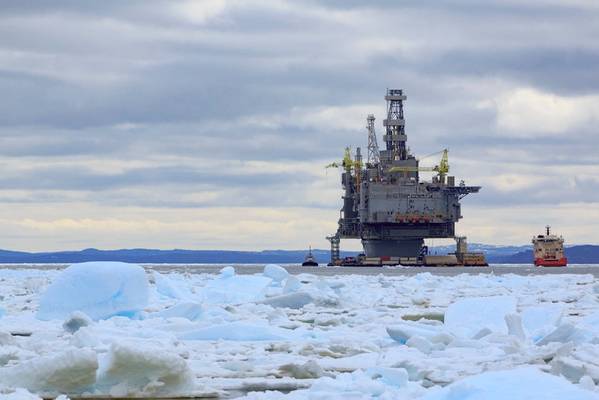
Canada’s industry body CAPP has issued a statement on the nations Draft Oil and Gas Sector Greenhouse Gas Emissions Regulations, saying no government should pursue such value-destroying and patently unconstitutional legislation.
“This is a federal production cap under the guise of an emissions cap and well outside of federal jurisdiction,” says Lisa Baiton, CAPP President & CEO.
“Canada is facing an affordability crisis and a decelerating economy along with the looming threat of a 25 percent tariff from our largest trading partner. Canadians cannot afford to have another layer of policy proceeding that will further deter investment into one of the country’s foundational economic sectors, which would result in less jobs, less opportunities for businesses, less revenues for governments, and a lower standard of living for Canadians.
“CAPP and its members do not see an oil and gas emissions cap as an appropriate tool for addressing greenhouse gas emissions. We support market-driven solutions that deliver emission reductions at the lowest cost to Canadians while encouraging investment and growth in Canada’s economy.
“Continuing to advance this unconstitutional regulation will only serve to create more uncertainty for oil and natural gas and overall business investment in this country. CAPP does not believe this legislation should proceed any further and is calling on the federal government to halt its progress and focus on ensuring the government continues to operate for Canadians during this time of uncertainty.”
The government released details of the legislation in November 2024, saying oil and gas sector is Canada’s largest source of greenhouse gas pollution, and emissions from part of the sector continue to grow.
“As an important part of the Canadian economy supporting 400,000 jobs, the oil and gas sector is well positioned to reinvest record profits into projects that drive cleaner production that will help create and sustain good jobs for generations,” said the government in a statement last year.
The proposed regulations work by setting a cap on greenhouse gas pollution within the sector, equivalent to 35 percent below 2019 levels. They would create a cap-and-trade system designed to recognize better-performing companies and incentivize those that are higher polluting to invest in making their production processes cleaner.
“The proposed regulations put a limit on pollution, not production, and have been informed by extensive engagement with industry, Indigenous groups, provinces and territories, and other stakeholders. The proposed regulations are carefully designed around what is technically achievable within the sector, while allowing continued production growth.”
Canada is the world’s fourth-largest producer of oil and the fifth-largest producer of gas.